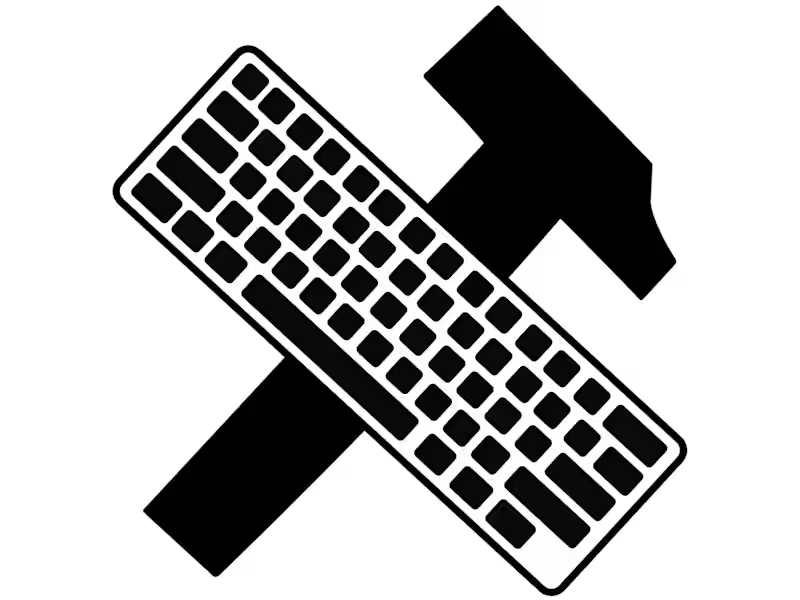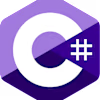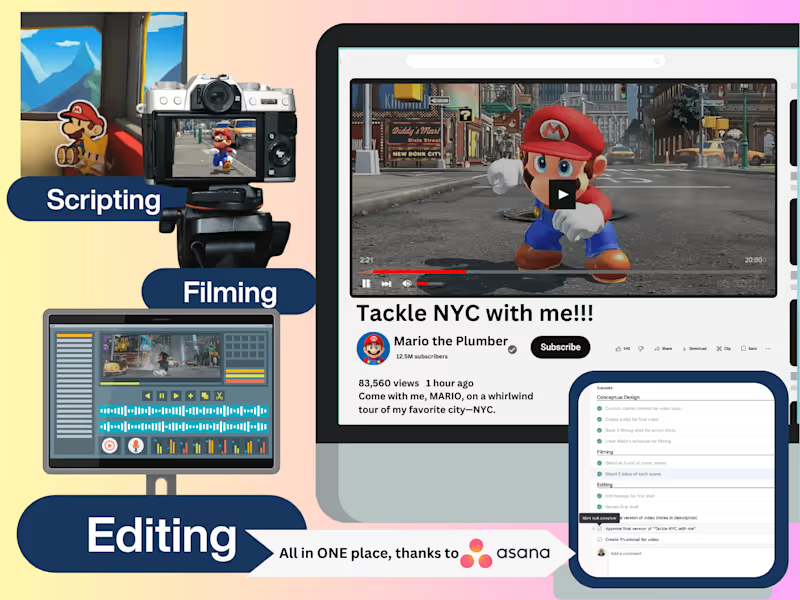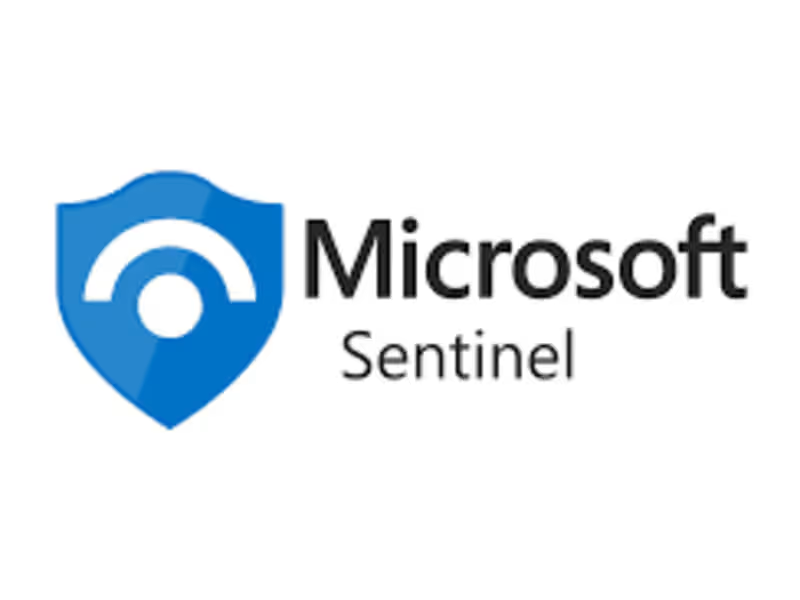What is the first step in hiring a freelance software architect?
Before starting your search, clearly define your project needs. Understand the software solution you want to build. Write down your goals and what you expect from the architect. This will help you find someone with the right skills and experience. Having a clear project description makes everything easier!
How can I ensure the software architect understands my project needs?
You can start by having a detailed conversation about your project. Share your goals, timelines, and any specific requirements. Answer any questions they might have, and ask for their feedback. A good architect will listen carefully and offer suggestions. This ensures everyone's on the same page before work begins.
Why is it important to agree on project milestones?
Milestones are like checkpoints in a game. They help both you and the architect see how the project is going. By breaking the project into smaller parts, you can track progress and make adjustments if needed. This ensures the project stays on track and meets deadlines. Plus, it makes long projects feel more manageable.
How can I evaluate a software architect’s previous work?
Ask to see their portfolio. Look for similar projects they've worked on before. Check if their past work has the style or complexity you need. Reading reviews or talking to past clients can also help. This gives you confidence in their abilities and helps you decide if they're the right fit.
What should be included in the initial project agreement?
An agreement should cover the project scope, timeline, and deliverables. Make sure expectations for both sides are clear. Include details like technology requirements, communication frequency, and any specific tools to be used. A well-defined agreement helps avoid misunderstandings later on. It's like a roadmap for the project.
How can I ensure a smooth onboarding process for the freelancer?
Provide all necessary information and resources upfront. Share documents, access details, and any other relevant materials. Arrange a meeting to welcome them and answer any questions. Encourage open communication from the start. This helps the architect get up to speed quickly and effectively.
What is a good way to set expectations for communication and updates?
Decide how often you want to receive updates. Discuss the best ways to communicate, like emails or video calls. Make sure everyone agrees on the frequency and method of updates. Clear communication helps prevent misunderstandings. It keeps you informed about progress and any challenges the architect faces.
Why is it important to discuss the architecture design process?
Understanding their design process gives insight into how they work. It helps you see if their style matches your needs. Ask about their approach to tackling complex problems. This discussion can highlight their expertise and problem-solving skills. It's crucial for ensuring the final product meets your expectations.
How can I ensure the project stays on budget?
Start with a clear budget from the beginning. Agree on the costs for different stages of the project. Monitor spending as the project progresses. Use tools to track expenses if needed. Being organized and proactive helps keep the project within financial limits.
What should be the focus during the project kickoff meeting?
A kickoff meeting sets the stage for the project. It's important to review the project goals, timeline, and responsibilities. Address any immediate concerns or risks. Discuss how to tackle potential challenges. This meeting builds a foundation for teamwork and success.
Who is Contra for?
Contra is designed for both freelancers (referred to as "independents") and clients. Freelancers can showcase their work, connect with clients, and manage projects commission-free. Clients can discover and hire top freelance talent for their projects.
What is the vision of Contra?
Contra aims to revolutionize the world of work by providing an all-in-one platform that empowers freelancers and clients to connect and collaborate seamlessly, eliminating traditional barriers and commission fees.





































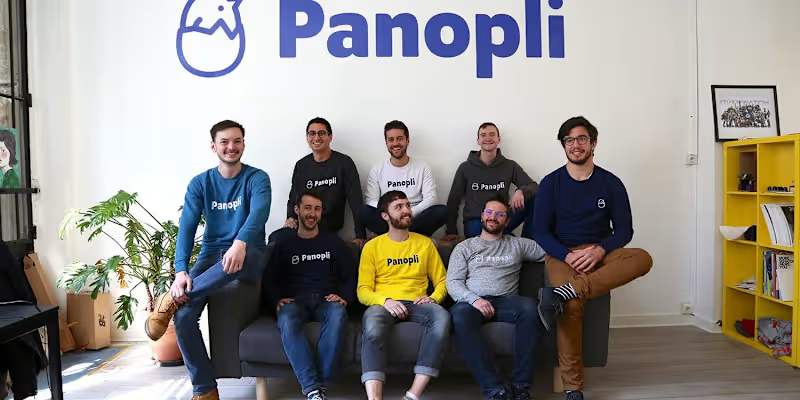
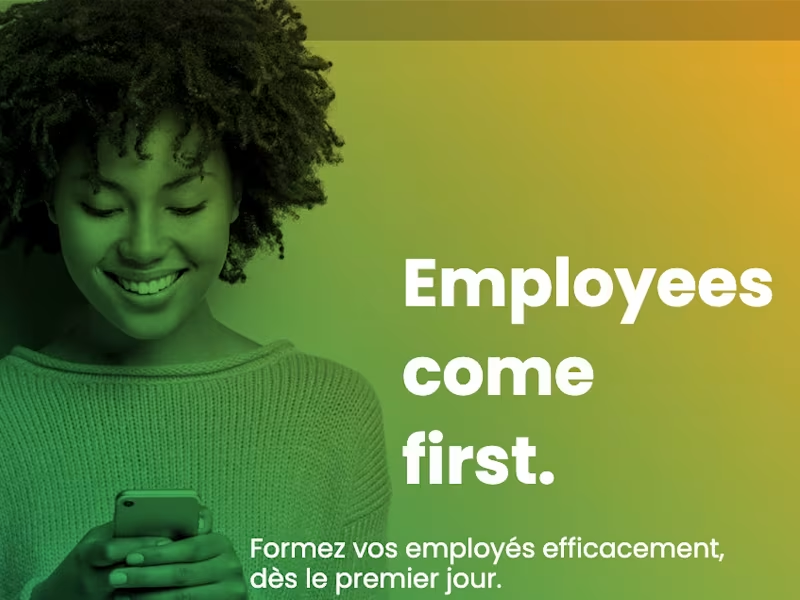

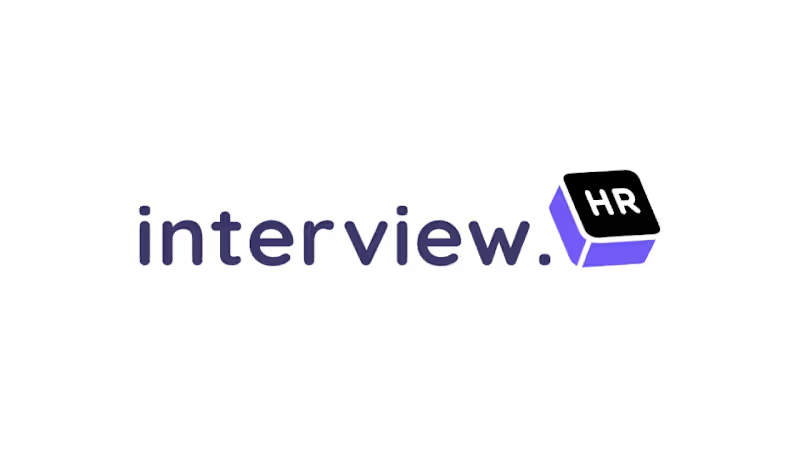
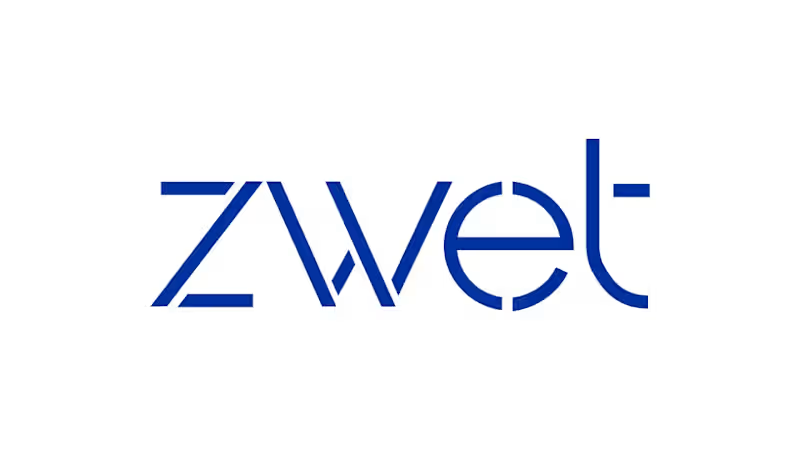

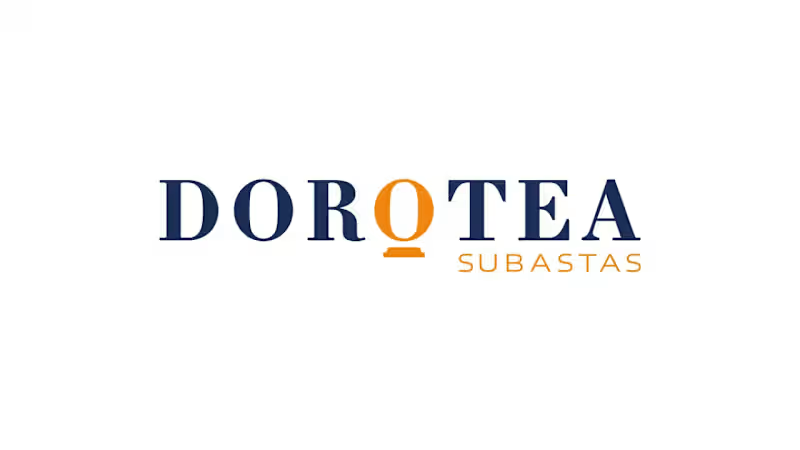
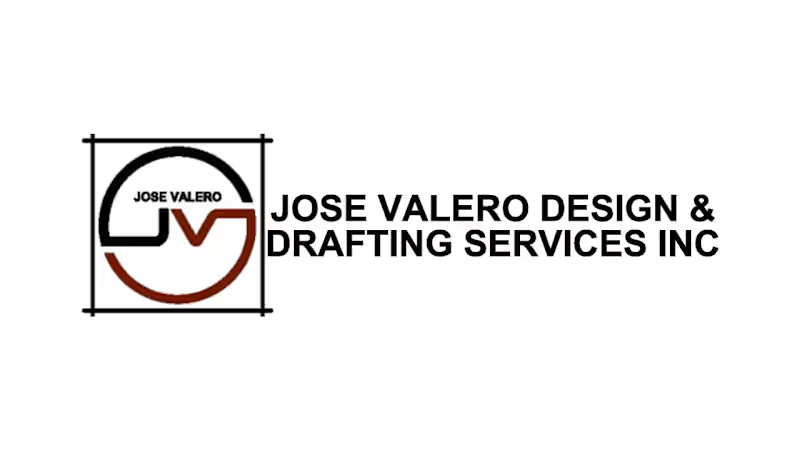
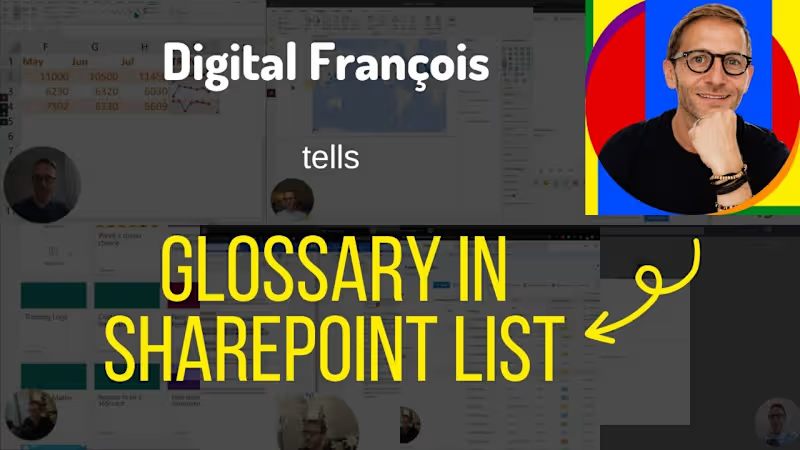
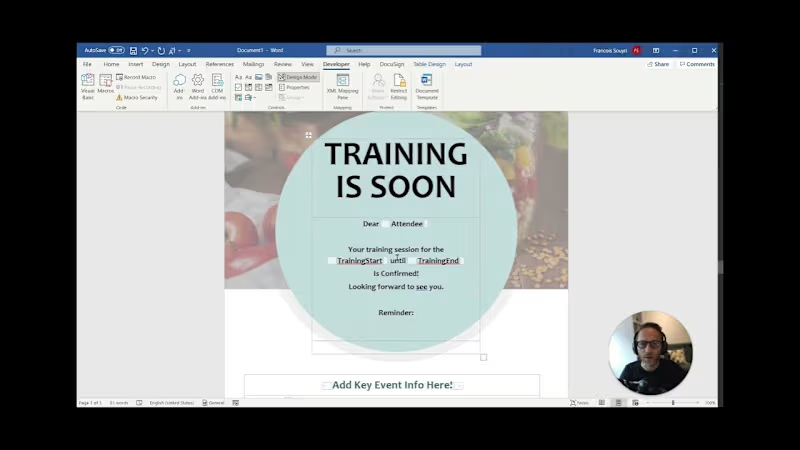
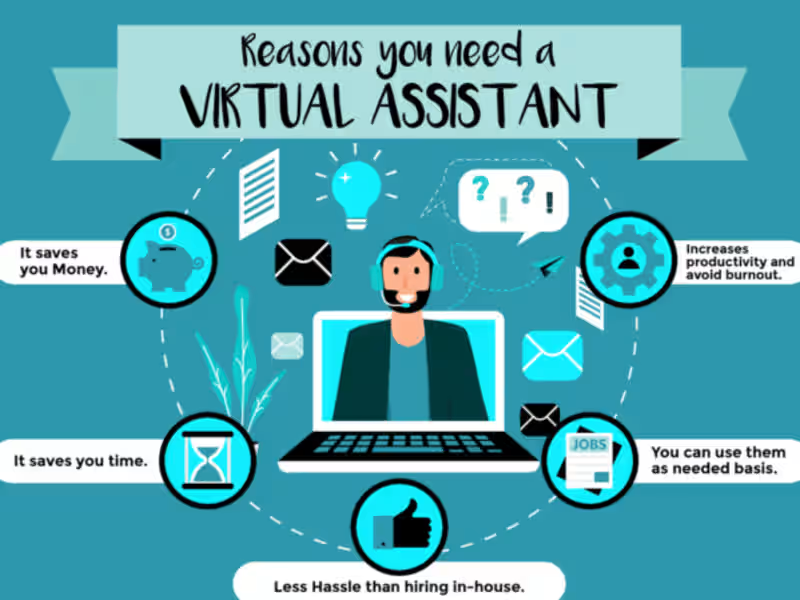
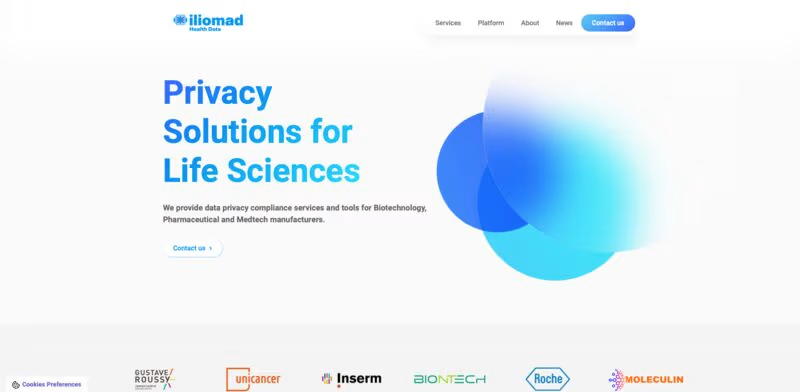
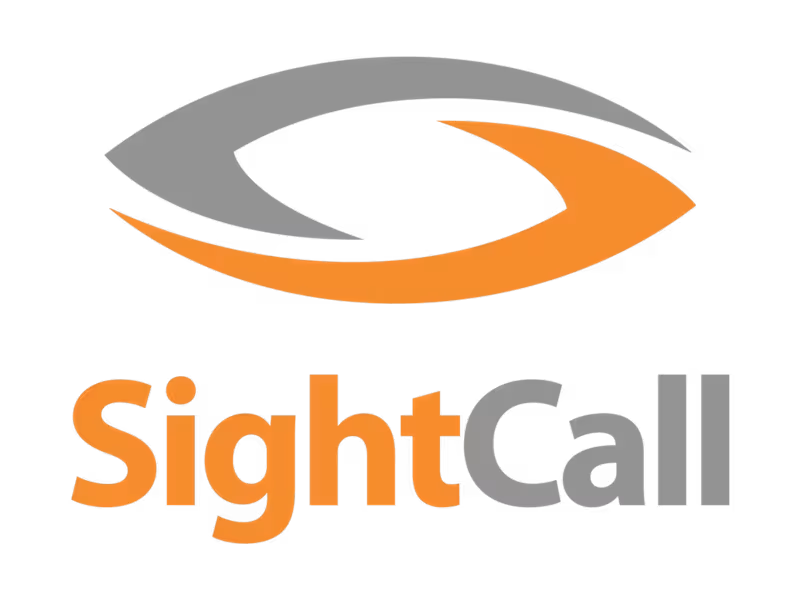
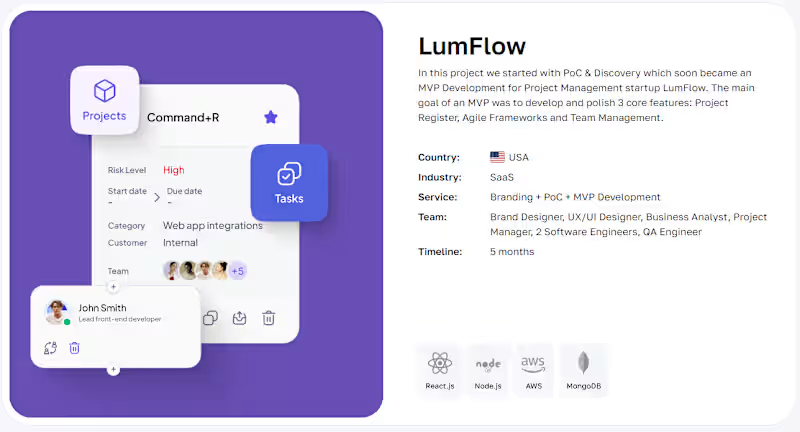
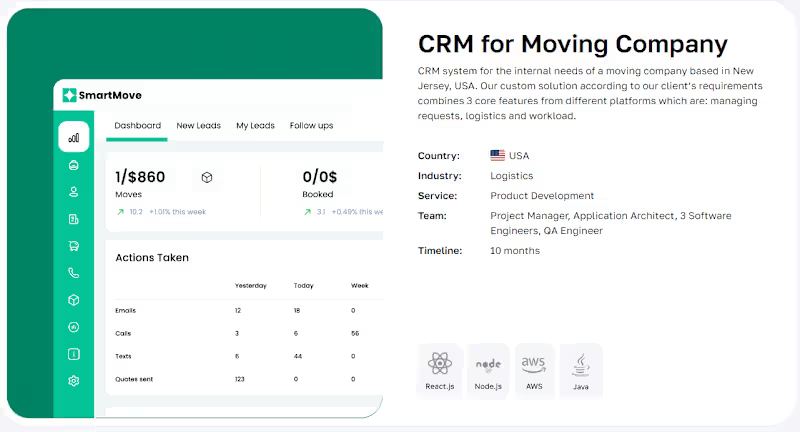
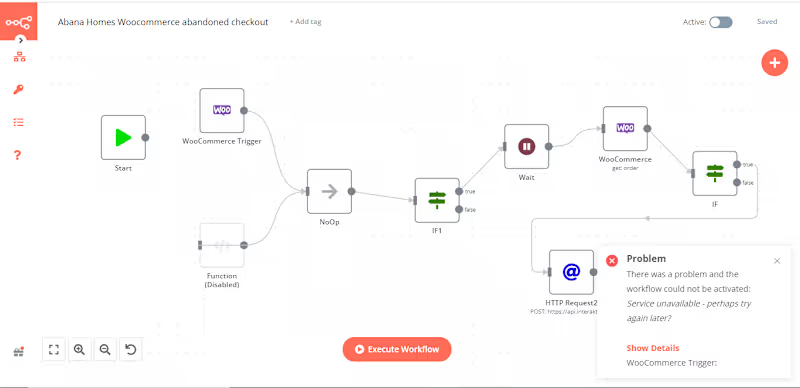
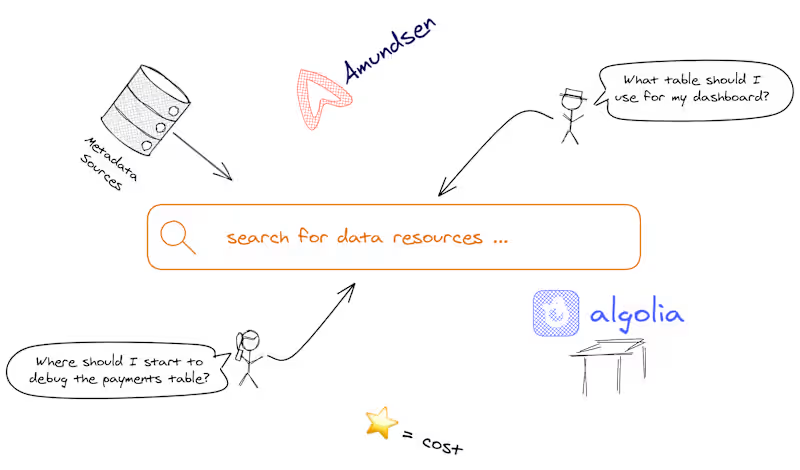
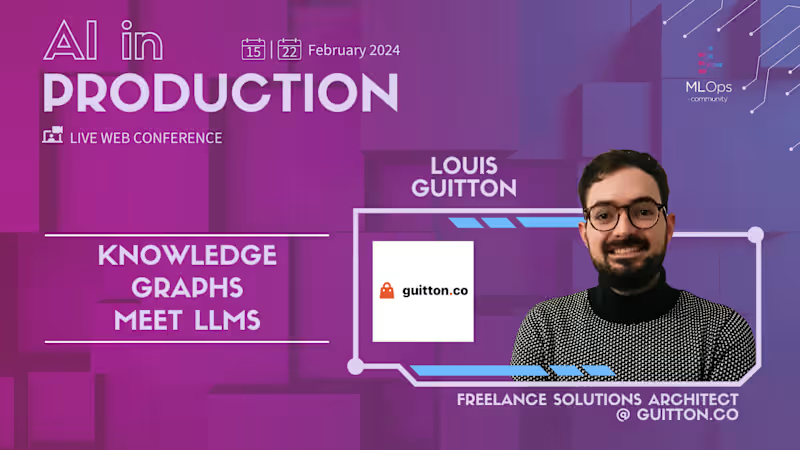
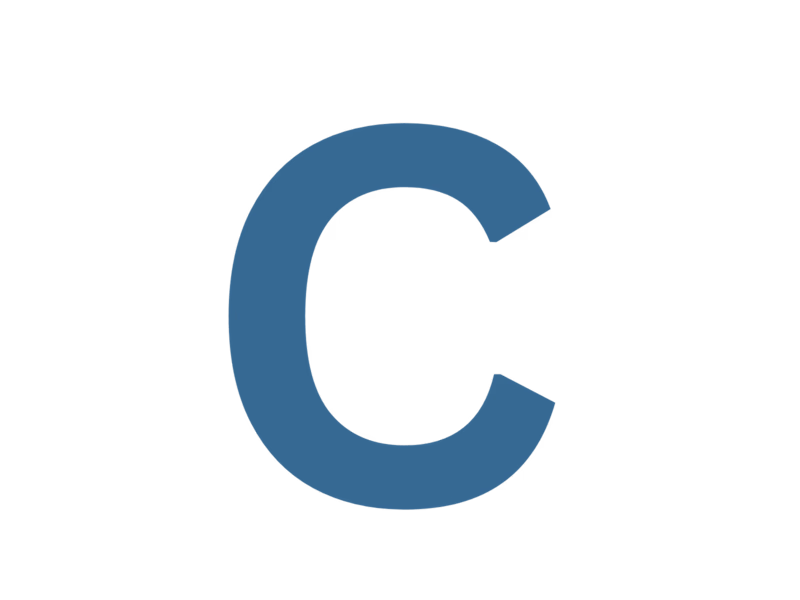
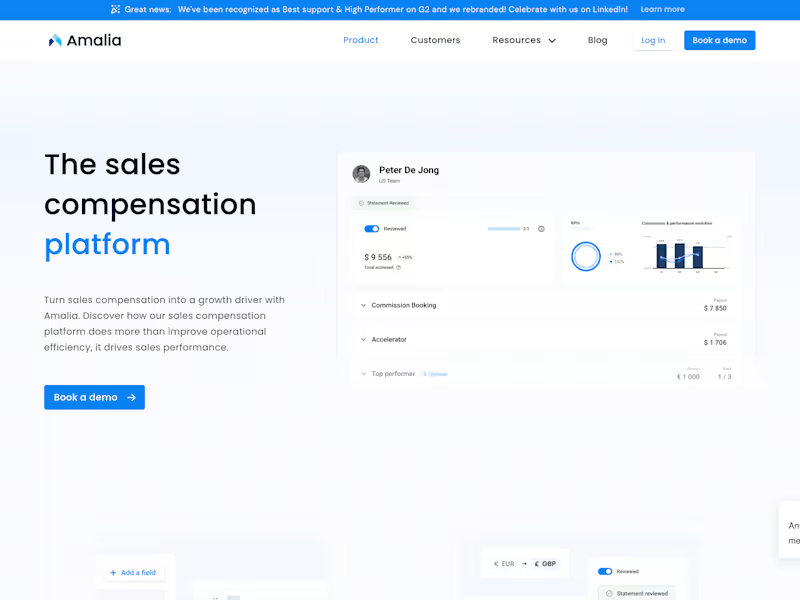
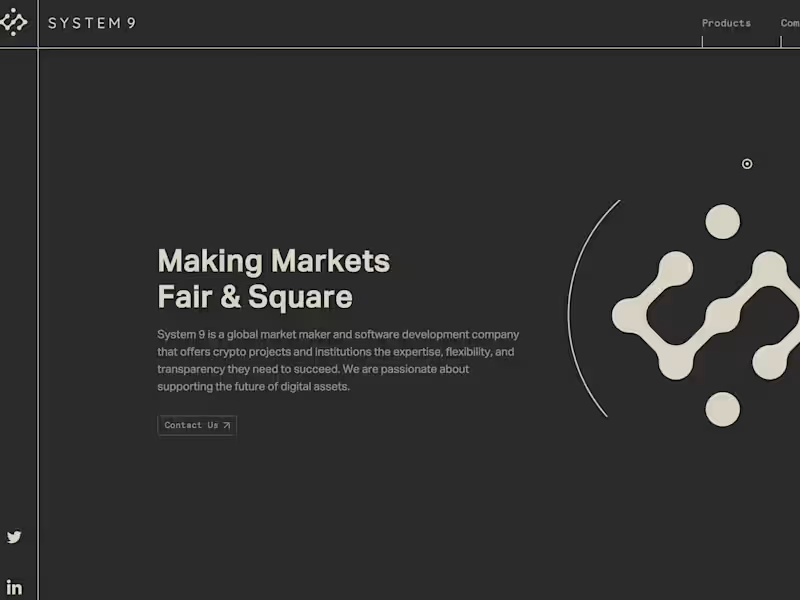
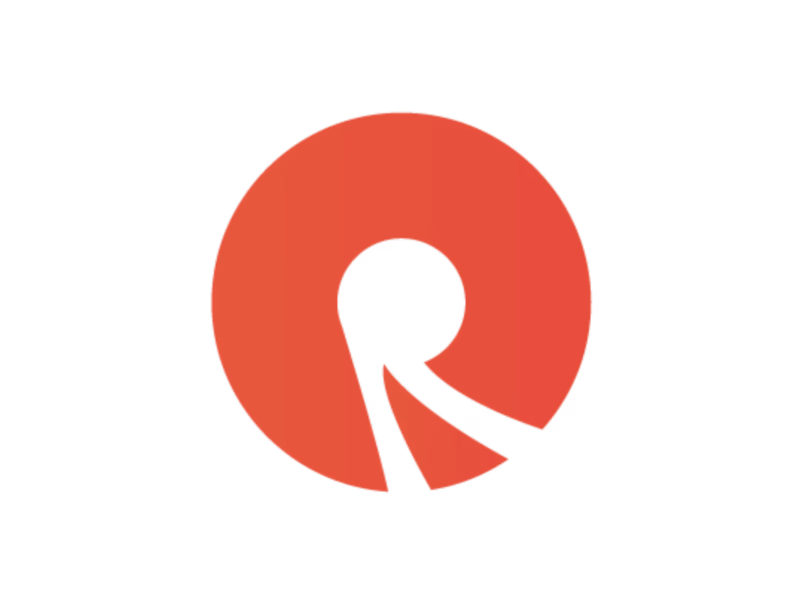
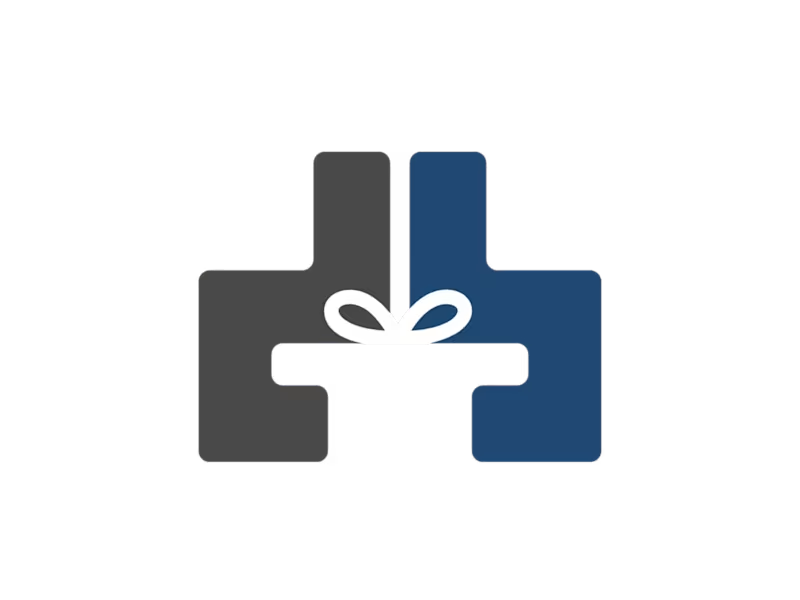
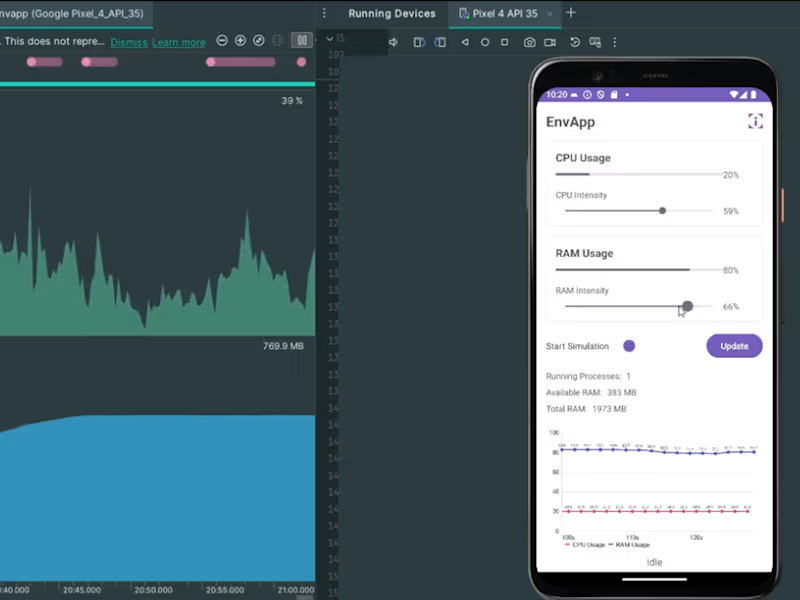
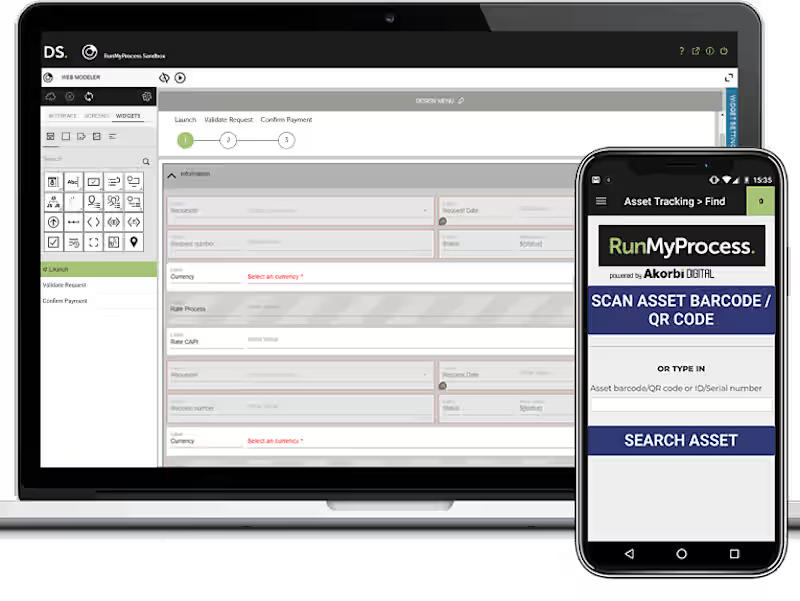


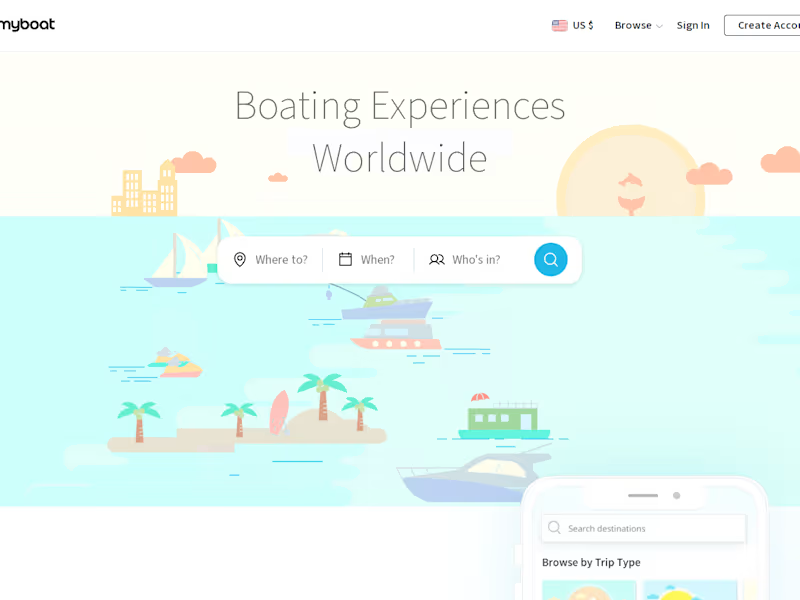

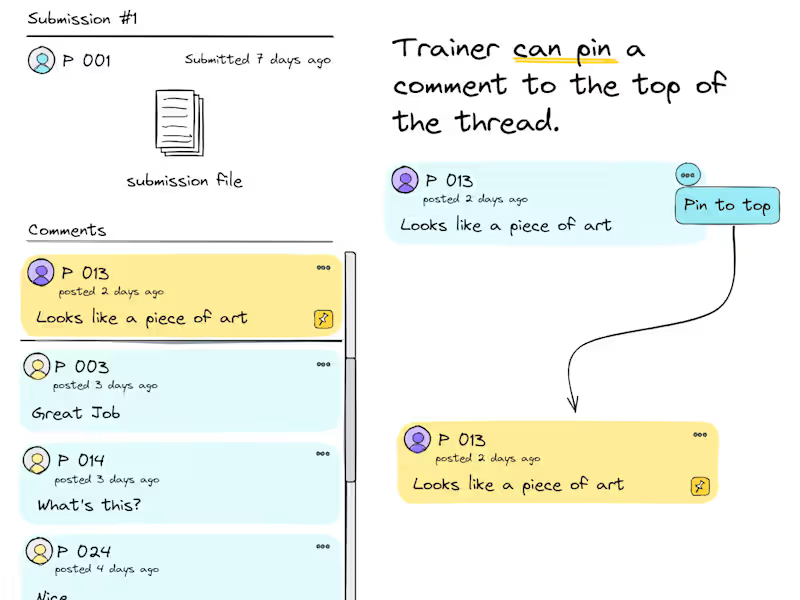

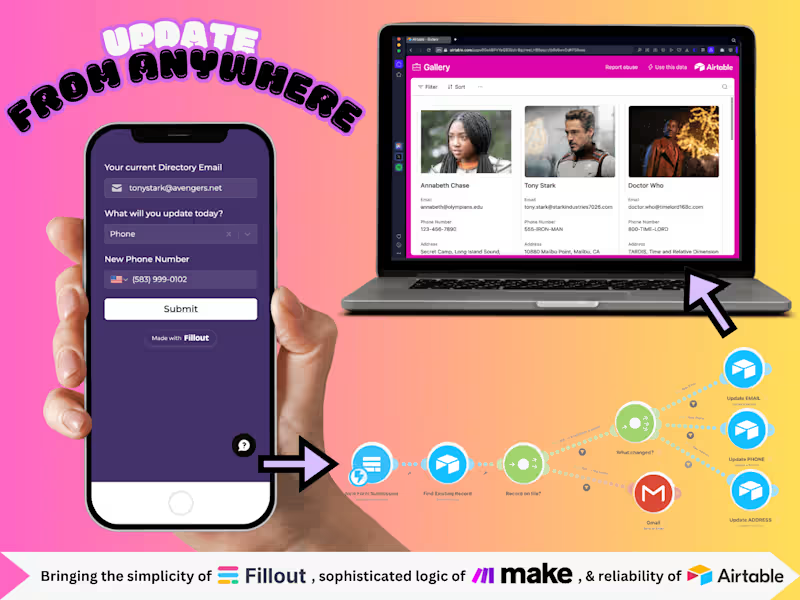
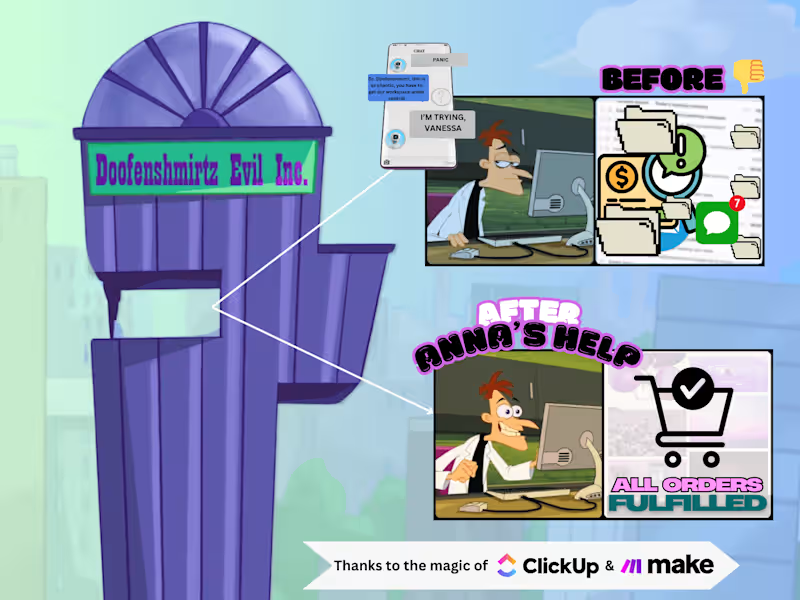
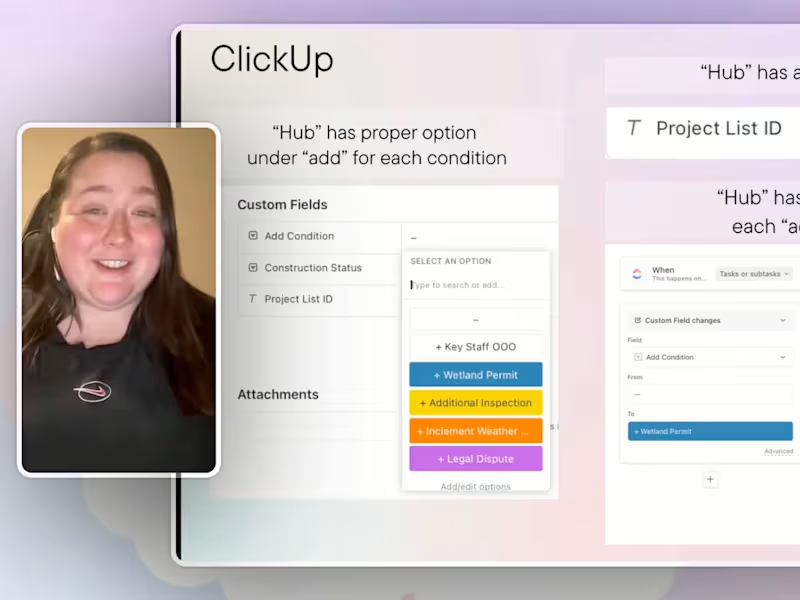

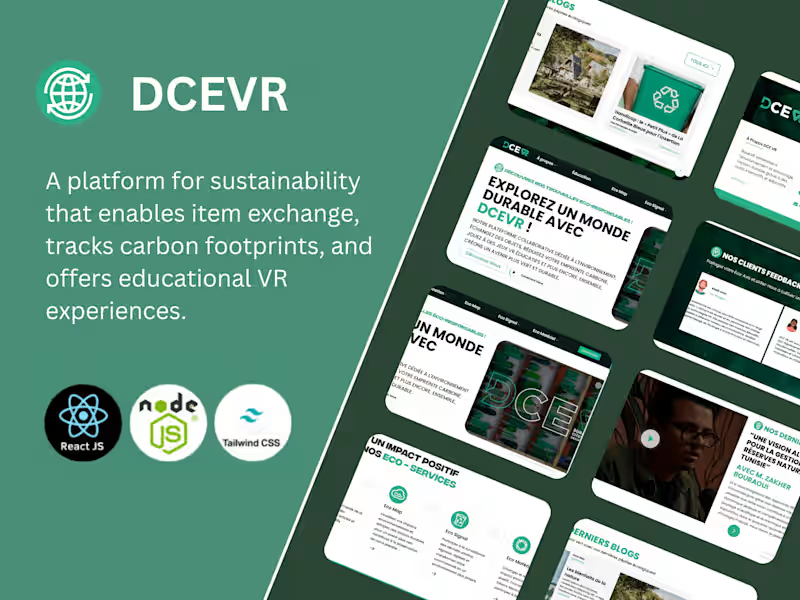
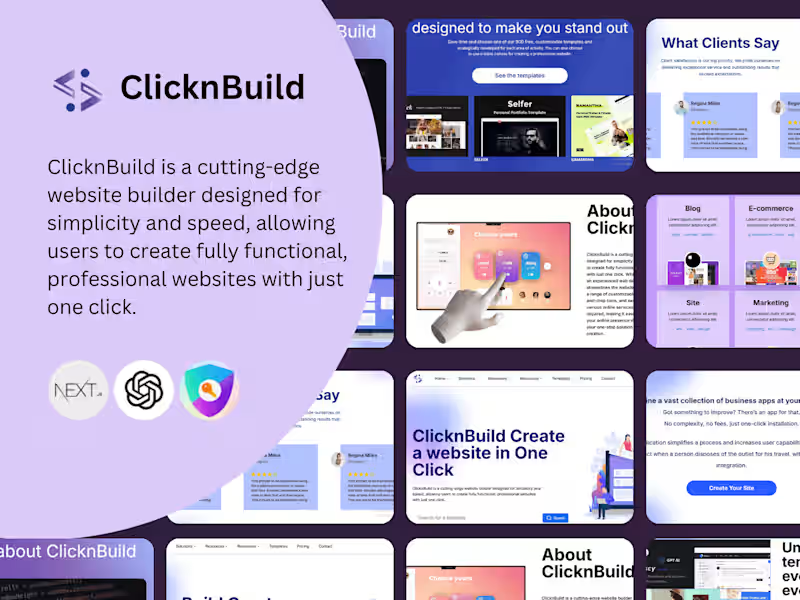
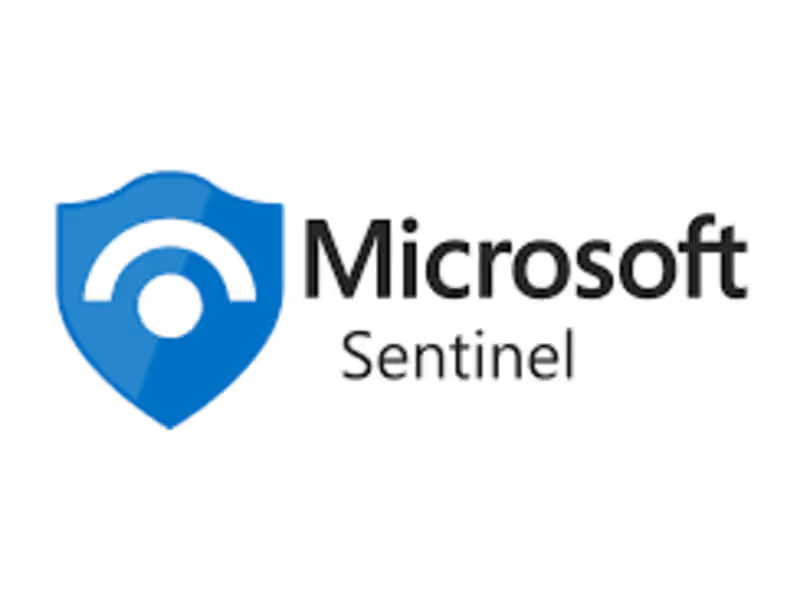
![Cover image for [Unity Asset] Curvy Splines](https://media.contra.com/video/upload/fl_progressive/w_800,q_auto,so_auto/qd6ibgvfskimse6d59f1.jpeg)
![Cover image for [Unity Asset] Visual Scripting Enhancer](https://media.contra.com/video/upload/fl_progressive/w_800,q_auto,so_auto/avqkyh1hbj6nxx0dyanw.jpeg)
![Cover image for [Unity Asset] Frame Rate Booster](https://media.contra.com/image/upload/w_800,q_auto/uneg5kiwq6rx2eqj8rfq.avif)
![Cover image for [Unity Asset] Converter For Unity Splines](https://media.contra.com/image/upload/w_800,q_auto/woeultbmgmutcpyuj8o7.avif)
![Cover image for [Tool] Favicons Generator](https://media.contra.com/image/upload/w_800,q_auto/n96ppae34crvcw5vjed5.avif)



